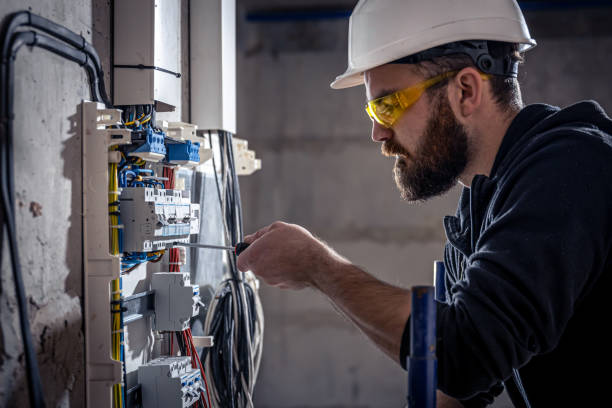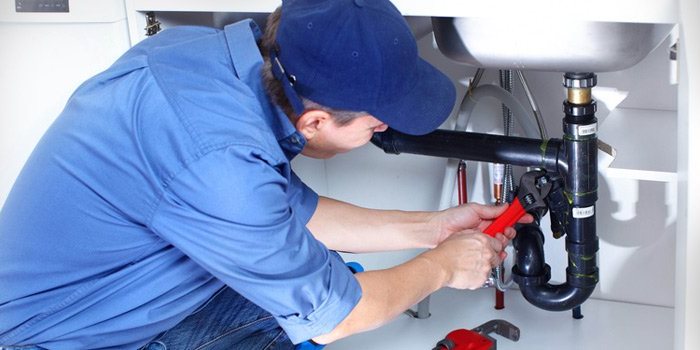Are you tired of dealing with electrical faults in your home? From flickering lights to tripping circuits, electrical faults can be a frustrating and potentially dangerous problem. But don’t worry, help is here! In this blog, we will delve into the world of electrical faults and provide you with practical solutions to address them. Learn what causes these faults and how to fix common issues yourself. We’ll also share some essential tips for preventing future electrical faults and knowing when it’s time to call in the professionals. Say goodbye to those pesky electrical problems and enjoy a safe, hassle-free home environment.
What Are Electrical Faults?
Electrical faults refer to abnormalities or malfunctions in an electrical system. These can include short circuits, open circuits, and ground faults. They can cause power outages, equipment damage, and even pose a fire risk. Promptly addressing electrical faults is crucial for ensuring the safety and efficiency of your electrical system.
How to Fix Common Electrical Faults
To address common electrical faults are a common issue, it is important to first identify the issues at hand. Power outages, circuit overloads, and faulty outlets are among the most common problems. Prioritize safety by turning off the power before attempting any repairs. Troubleshoot the issue by checking for loose connections, tripped circuit breakers, or damaged wiring. Replace any faulty components, or seek professional help if necessary. To prevent future faults, it’s crucial to regularly maintain your electrical system and ensure safe operation. Implementing these measures will help you effectively address and resolve common electrical faults.
Tips for Prevention of Electrical Faults
Regularly inspect and maintain electrical equipment and wiring to prevent common electrical problems. Avoid overloading circuits by distributing electrical loads evenly throughout your home or office. Install ground fault circuit interrupters (GFCIs) in areas where water is present, such as kitchens and bathrooms. Keep flammable materials away from electrical sources to reduce the risk of electrical fires. Educate employees or household members on electrical safety practices to ensure everyone is aware of potential hazards and knows how to respond. When in doubt, always hire a licensed electrician for any repairs or installations to ensure compliance with safety standards.
When to Call an Electrician for Help
Flickering lights or frequent power outages may indicate electrical faults that require the expertise of an electrician for proper resolution. Overloaded circuits or tripping breakers can also signify potential problems, necessitating professional intervention to ensure safety and prevent further damage. Unusual smells or sounds emanating from electrical outlets or appliances should never be overlooked and should prompt a call to an electrician. DIY repairs are risky, so it’s best to leave electrical issues to trained professionals. Regular maintenance and inspections by an electrician can detect and address potential faults before they escalate into major concerns.
What are some common signs of electrical faults in a building?
Common signs of electrical faults in a building include frequent circuit breaker tripping, flickering or dimming lights, unusual noises or burning smells from outlets, and hot or discolored fixtures. These signs indicate potential issues that should be addressed promptly to prevent further damage or safety hazards.
Can I address minor electrical faults on my own, or should I hire a professional?
It is generally recommended to hire a professional to address electrical faults. While homeowners with basic knowledge may be able to fix minor faults, safety should be prioritized. Hiring a professional ensures proper diagnosis and repair, reducing the risk of further damage or injury. Attempting complex repairs without training can have serious consequences.
What are some safety precautions I should take when dealing with electrical faults?
Some safety precautions to take when dealing with electrical faults are turning off the power before attempting any fixes, using insulated tools and wearing rubber gloves, avoiding water or wet surfaces, and calling a professional if unsure or uncomfortable.
Are there any steps I can take to prevent electrical faults from occurring in the first place?
Steps to prevent electrical faults include regular inspection and maintenance of your electrical system, responsible use of power strips and extension cords, proper installation of wiring and outlets by a qualified electrician, and educating yourself and your family about electrical safety practices.
Electrical faults can be a common occurrence in homes and businesses, causing inconvenience and potential safety hazards. It’s important to address these issues promptly to ensure the smooth operation of electrical systems. By understanding what electrical faults are and how to fix them, you can save yourself time, money, and potential risks. Additionally, taking preventative measures can help minimize the occurrence of electrical faults in the future. However, there are instances where calling an electrician is necessary for complex or dangerous electrical faults. If you’re experiencing electrical issues or need professional assistance, don’t hesitate to contact our experienced electricians for help. They have the expertise to diagnose and resolve any electrical fault efficiently and safely.










